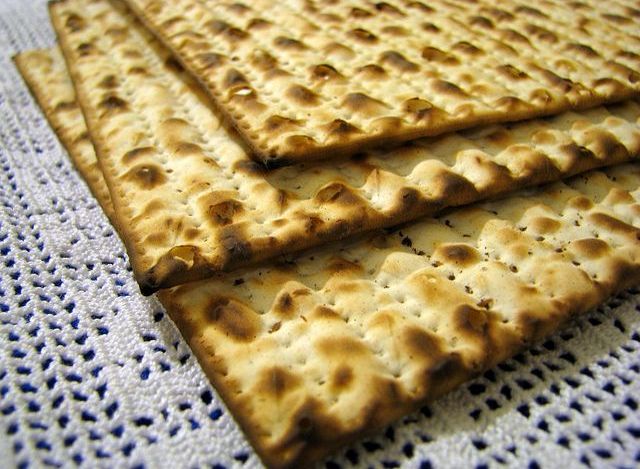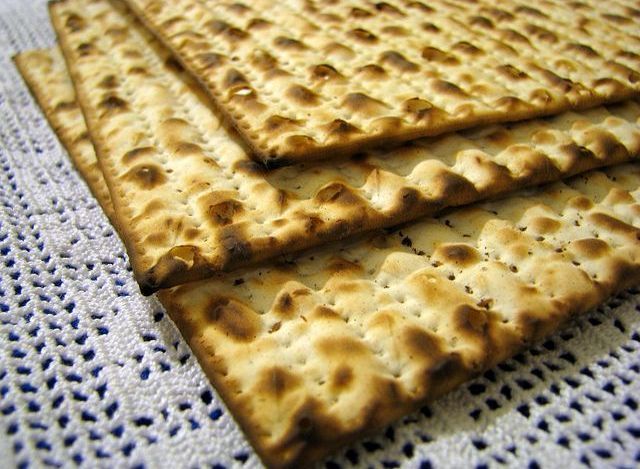Adalah success: Israeli Supreme Court overturns ban on leavened bread products in Israeli hospitals during Passover
The Israeli Supreme Court on 30 April 2020 overturned the ban on bringing leavened bread products into Israeli hospitals during the Passover holiday.
Adalah had petitioned the Supreme Court against this ban in February 2018.
The court additionally ruled that the state must pay Adalah 25,000 shekels (~US$7,140) in court expenses.
Adalah Attorney Sawsan Zaher, who lead the legal battle, responded to the Supreme Court decision:
Jewish religious law forbids Jews from consuming leavened bread products during the week-long Passover holiday.
Adalah filed a petition to the Israeli Supreme Court on 27 February 2018 against the Health Ministry’s ban on bringing leavened bread products into hospitals or eating bread in hospitals for the duration of the holiday.
According to this policy, which has been enforced in hospitals nationwide over the past several years, all individuals – including non-Jewish Arab citizens – must undergo strict searches at hospital entrances. Any leavened bread products found are confiscated or destroyed. In a number of past cases, individuals who refused to hand over their bread products to security guards were prevented from entering hospitals and visiting admitted family members.
(Photo: Yoninah/Wikimedia Commons)
Related Press Releases:
- Adalah demands Israel end ban on bringing bread products into hospitals during Passover
- Adalah fights illegal Israeli ban blocking Arabs from bringing non-kosher bread products into hospitals during Passover
- Israeli Supreme Court: State must clarify why it won't allow leavened bread products in hospitals during Passover















